Skipper Otto
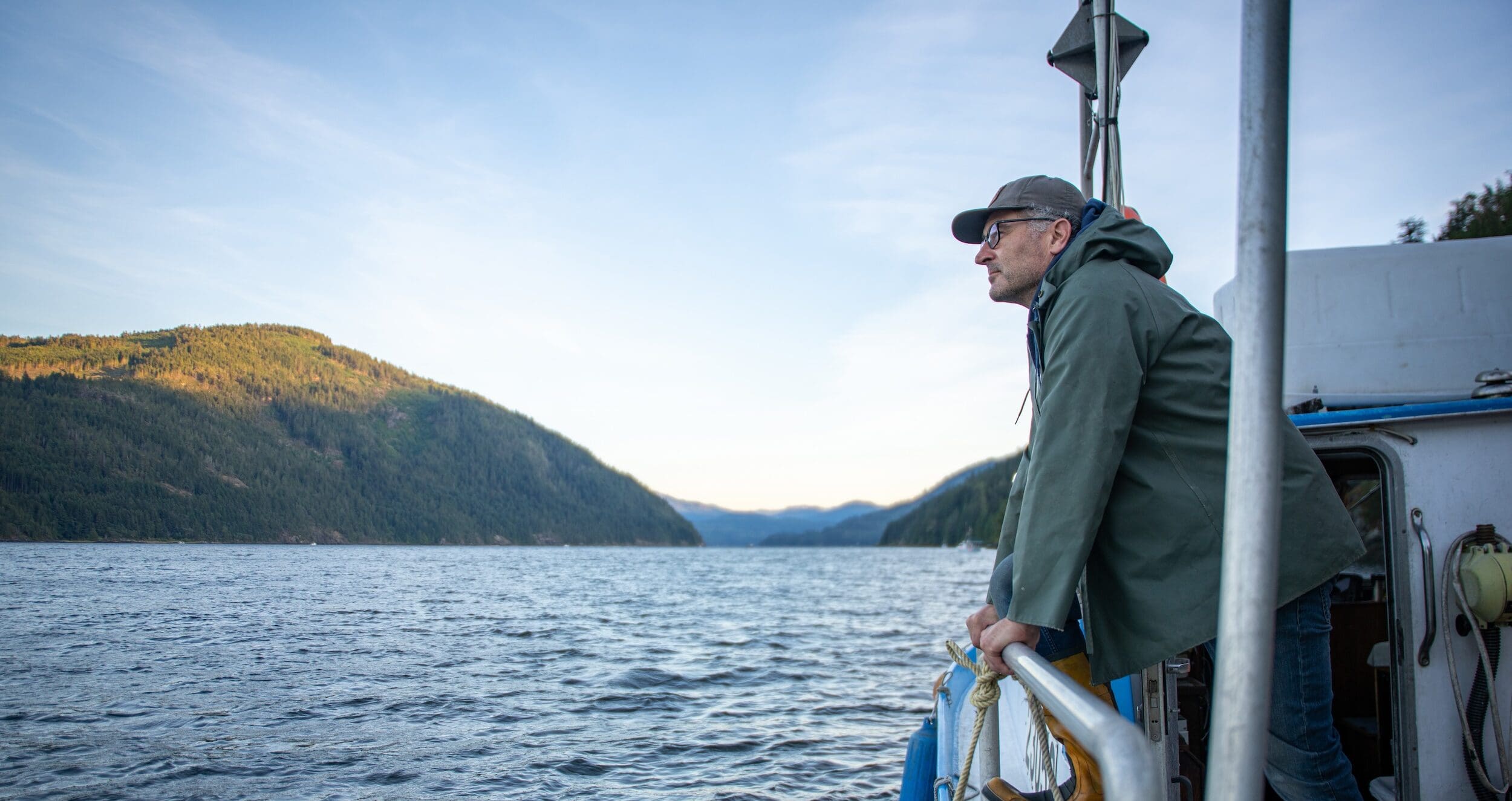
In Our Community-Based Fisheries, Family Matters.
Partnerships with small-scale fishers are our lifeblood. Each year, we partner with more than 45 fishing families, local processors, and shore-side businesses who share our values. We support local economies across BC and Nunavut and enhance the social, ecological, and cultural fabric of our coastal communities. We believe you should get to know your local fishers and enjoy their harvest.
Our Fishing Families
-
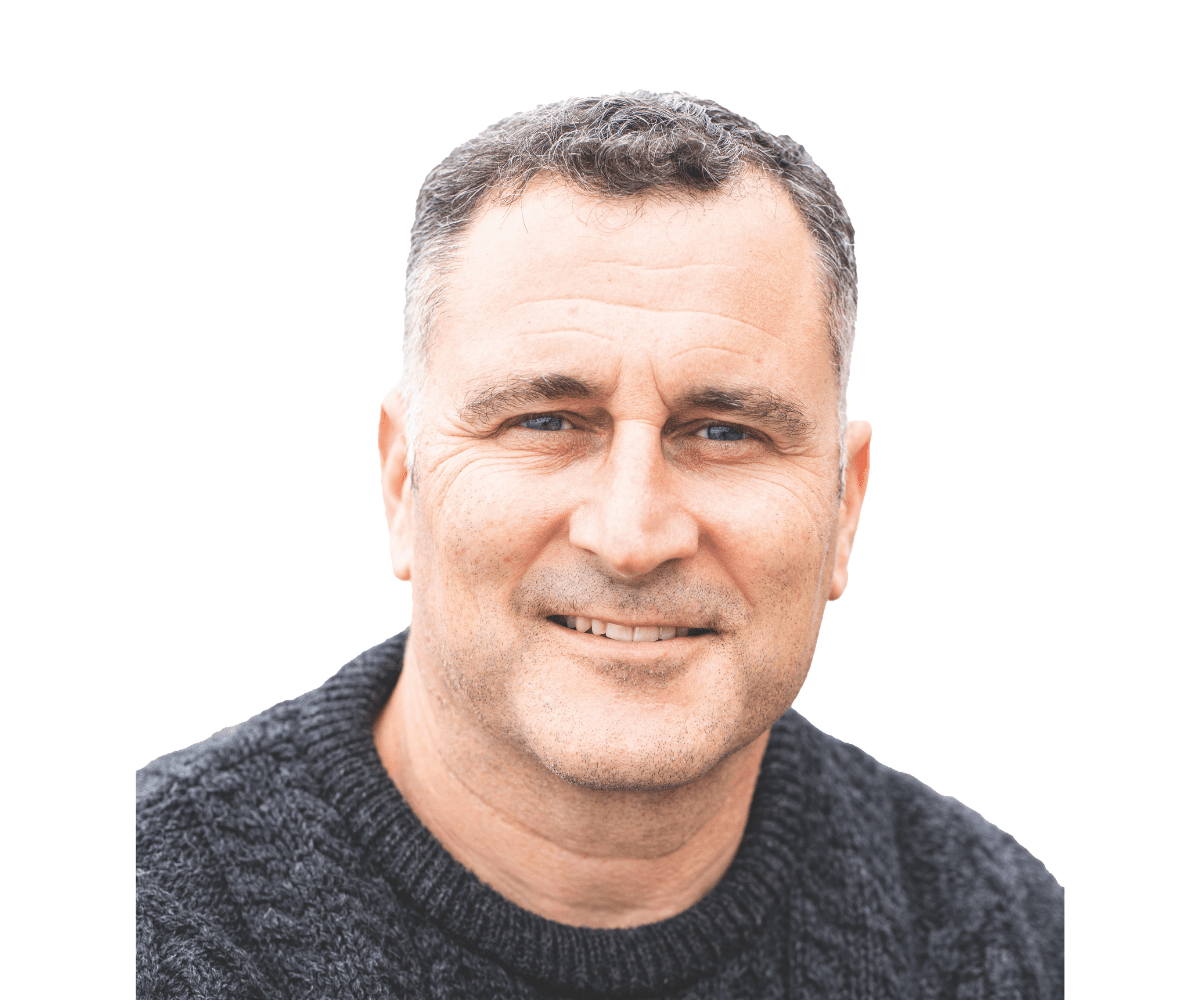
Shaun Strobel
Shaun is our lead fisher and industry expert with a MA in the history and political economy of the BC fishing industry, and a lifetime of experience fishing the BC coast. Starting in 2023 both his sons, Oliver and Lyndon Storbel, now third generation fishers, joined him for commercial salmon openings! Oliver taking on a newly appointed deckhand position on the Eldorado.
Eldorado
Gillnetting
Sockeye & Chinook
West coast of Vancouver Island, Barkley Sound & Alberni Inlet
-
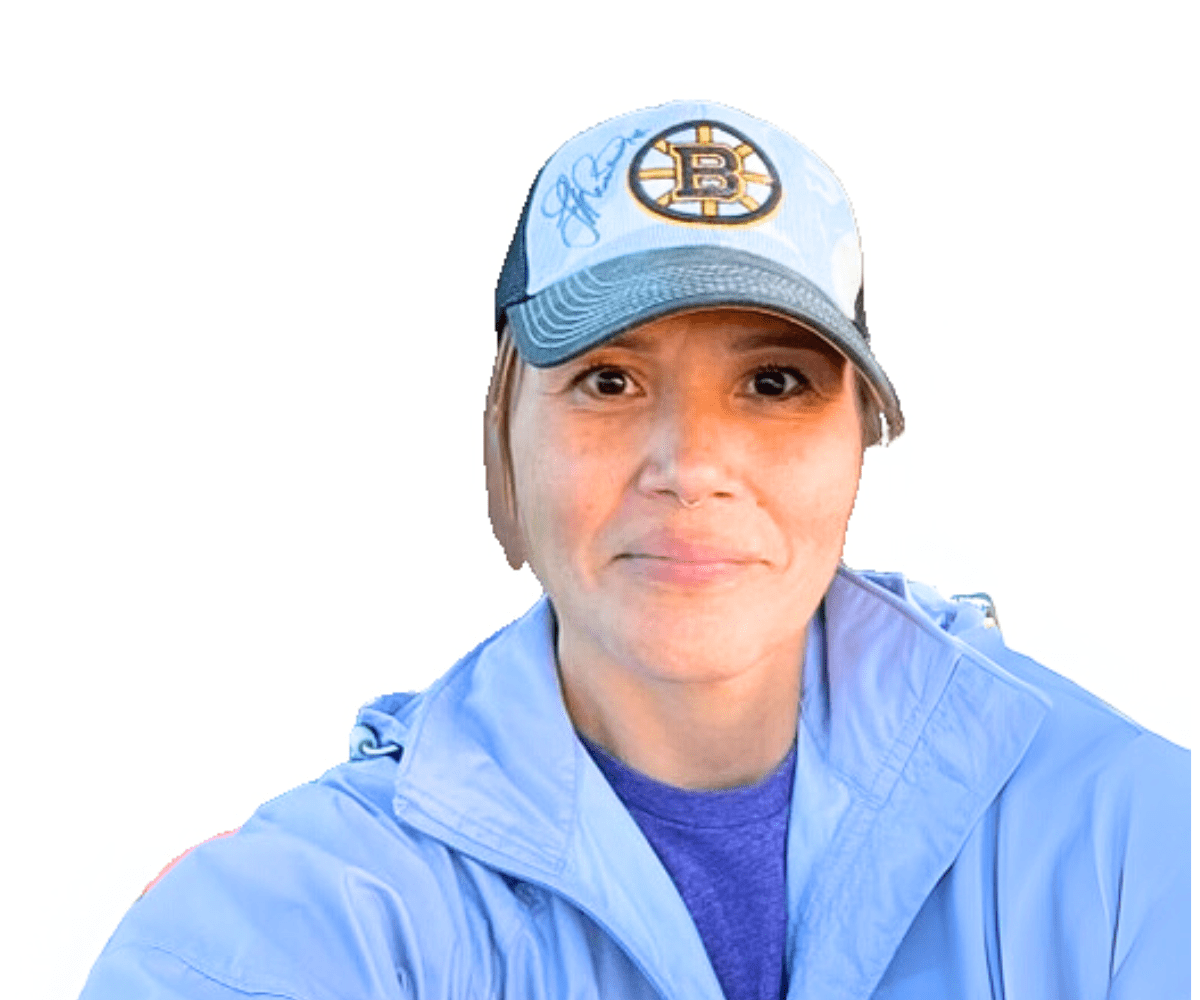
Melanie Cranmer
Melanie Cranmer, multi-generation c̓išaaʔatḥ (Tseshaht) First Nation fisher, fishes for sockeye salmon aboard her skiff in Alberni Inlet/Somass River. Melanie first learned to fish from her brothers, uncles, and cousins. She has now taught her children and fishes alongside them and her twin sister.
Skiff
Gillnetting
Sockeye
Westcoast Vancouver Island, Alberni Inlet, Somass River
-
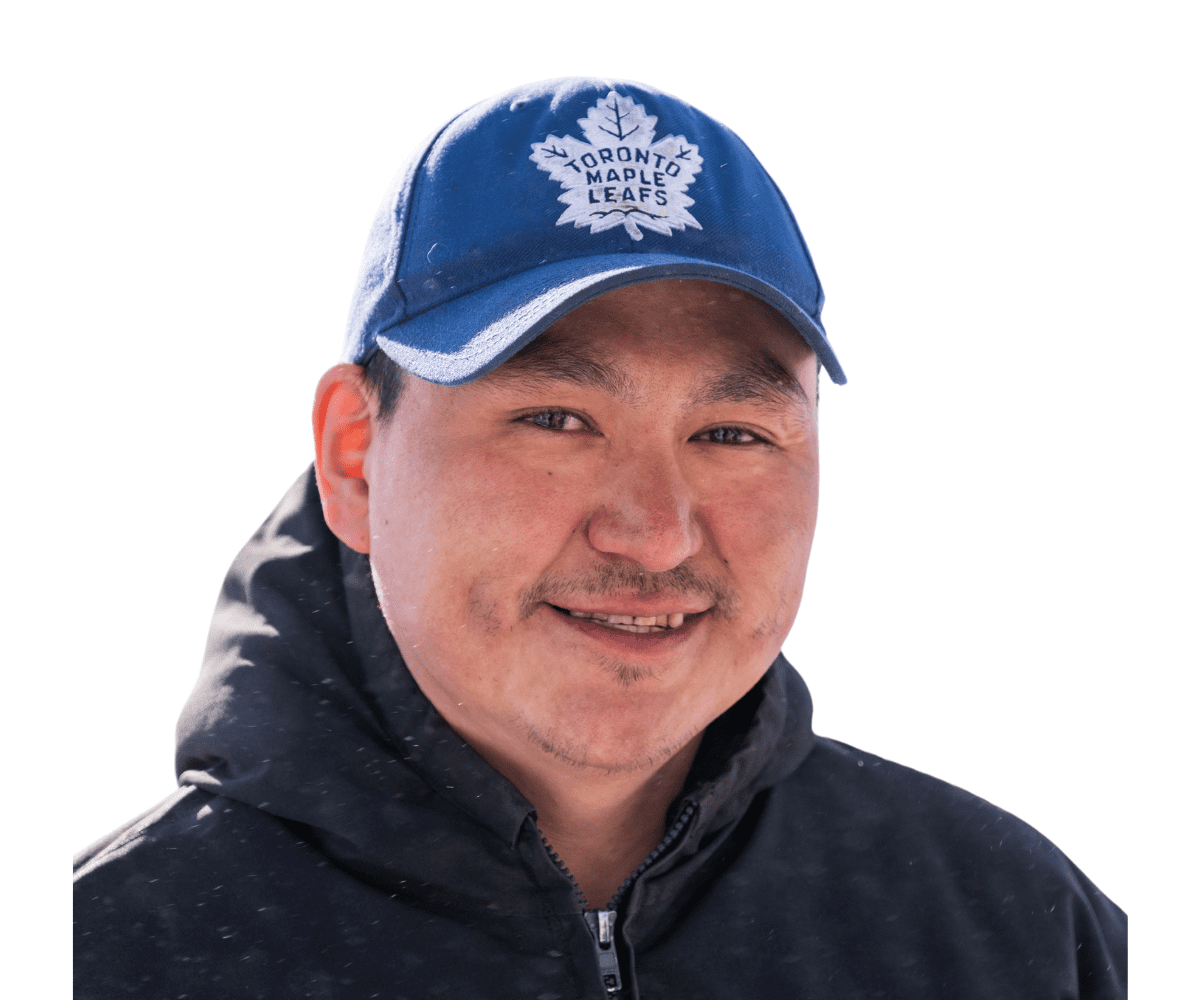
Darryl Siusangnark
Darryl Siusangnark is a professional harvester who makes his living off the land around Naujaat in Nunavut, and is a key provider of fish for his community, supplying food for elders, food-insecure households, family, friends, community feasts, and commercial sales. He started fishing with his father in early childhood and has been fishing on his own since he was 18. Darryl braves frigid weather conditions and travels across the wintry tundra by snowmobile to catch fish from below the ice of frozen lakes. Check out Darryl's story on our blog!
Snowmobile
Gillnet and auger
Arctic char
Nunavut - Waterbodies near Naujaat
-
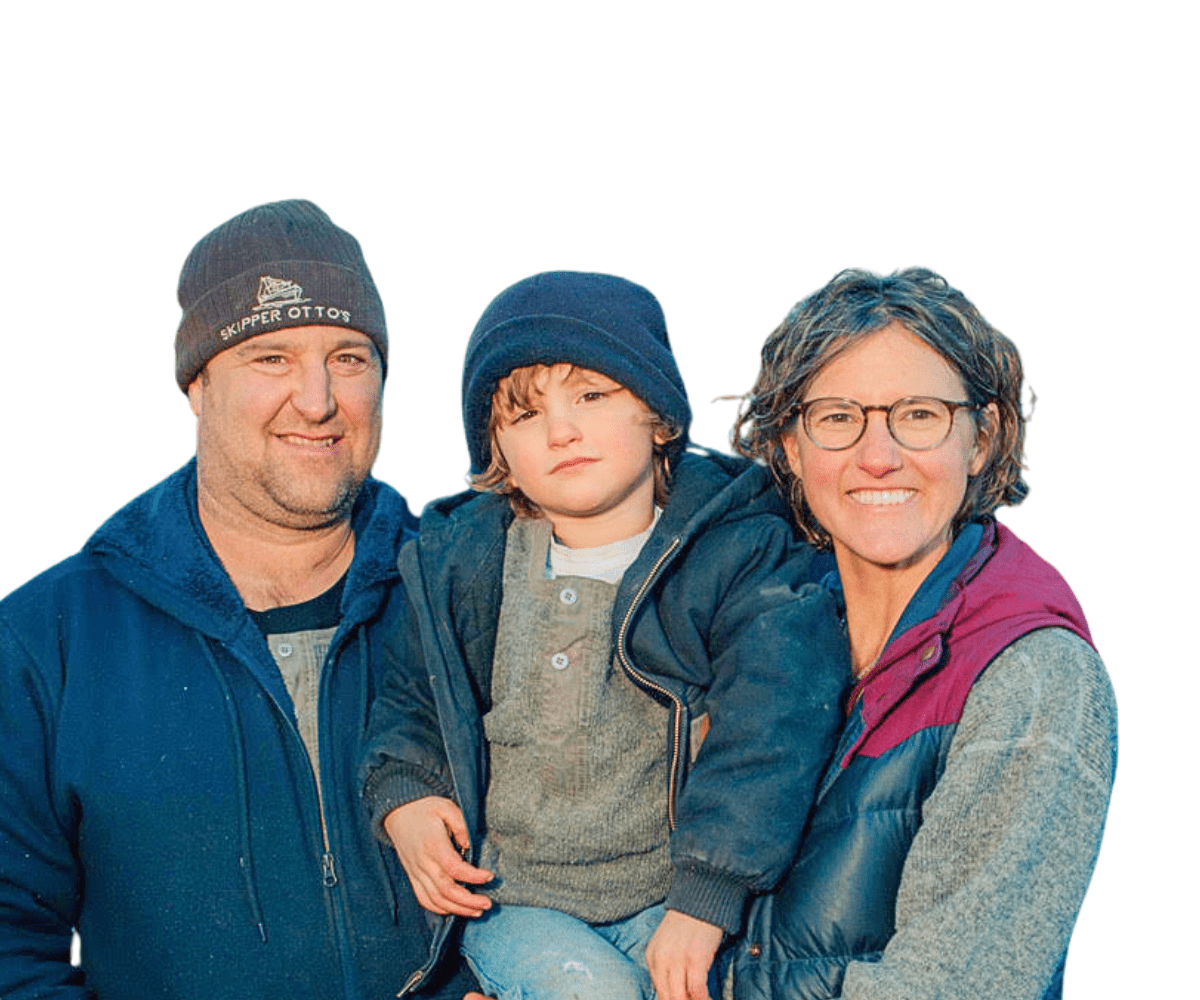
Bruce and Pilar Martinelli
Bruce has been fishing for over 30 years. His wife, Pilar, and their young son, Rex, often join him on some trips. Rex being particularly fond of the ones which include some beach days! Bruce and his brother Steve grew up in a lighthouse on the BC coast and are the first fishermen in their family. Read more of the Martinelli's stories from the sea on our blog!
Tantrum No. 1
Bottom longline & Trolling
Lingcod, Sablefish, Rockfish, Halibut & Albacore Tuna
Westcoast of Vancouver Island & Haida Gwaii
-
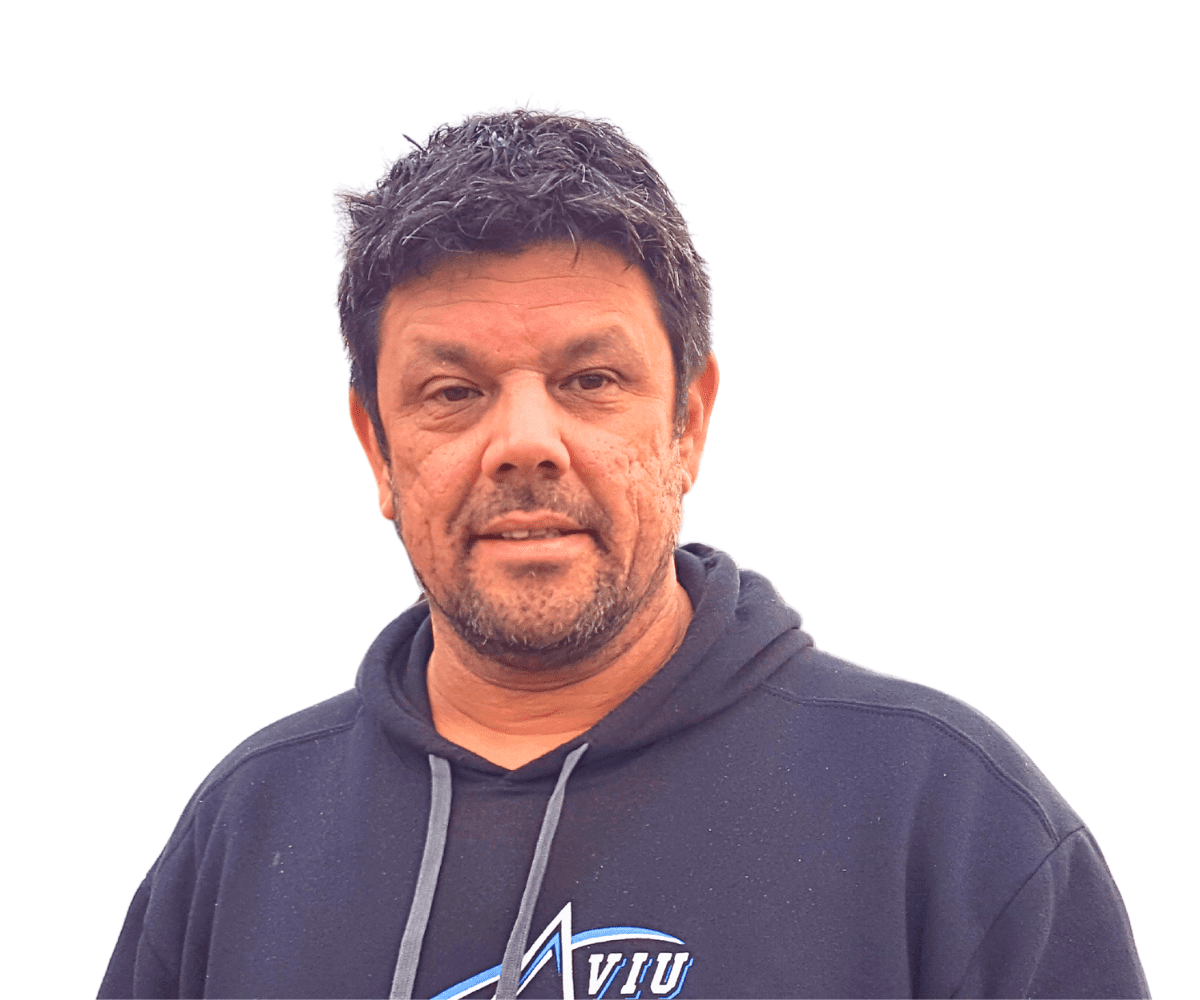
Doug Kostering
Doug is a multi-generation ‘Namgis First Nation fisherman. Doug started fishing with his grandpa in the 1960’s and has continued ever since. His children join him as crew on some trips. Learn more about Doug and how he fishes halibut on our blog!
Paper Chase
Gillnet & Bottom longline
Salmon (sockeye, chinook, pink) & Halibut
Most areas of the BC coast - West coast of Vancouver Island, Barkley Sound & Alberni Inlet; the waters around the north, northwest and northeast coasts of Vancouver Island; north coast of BC mainland
-
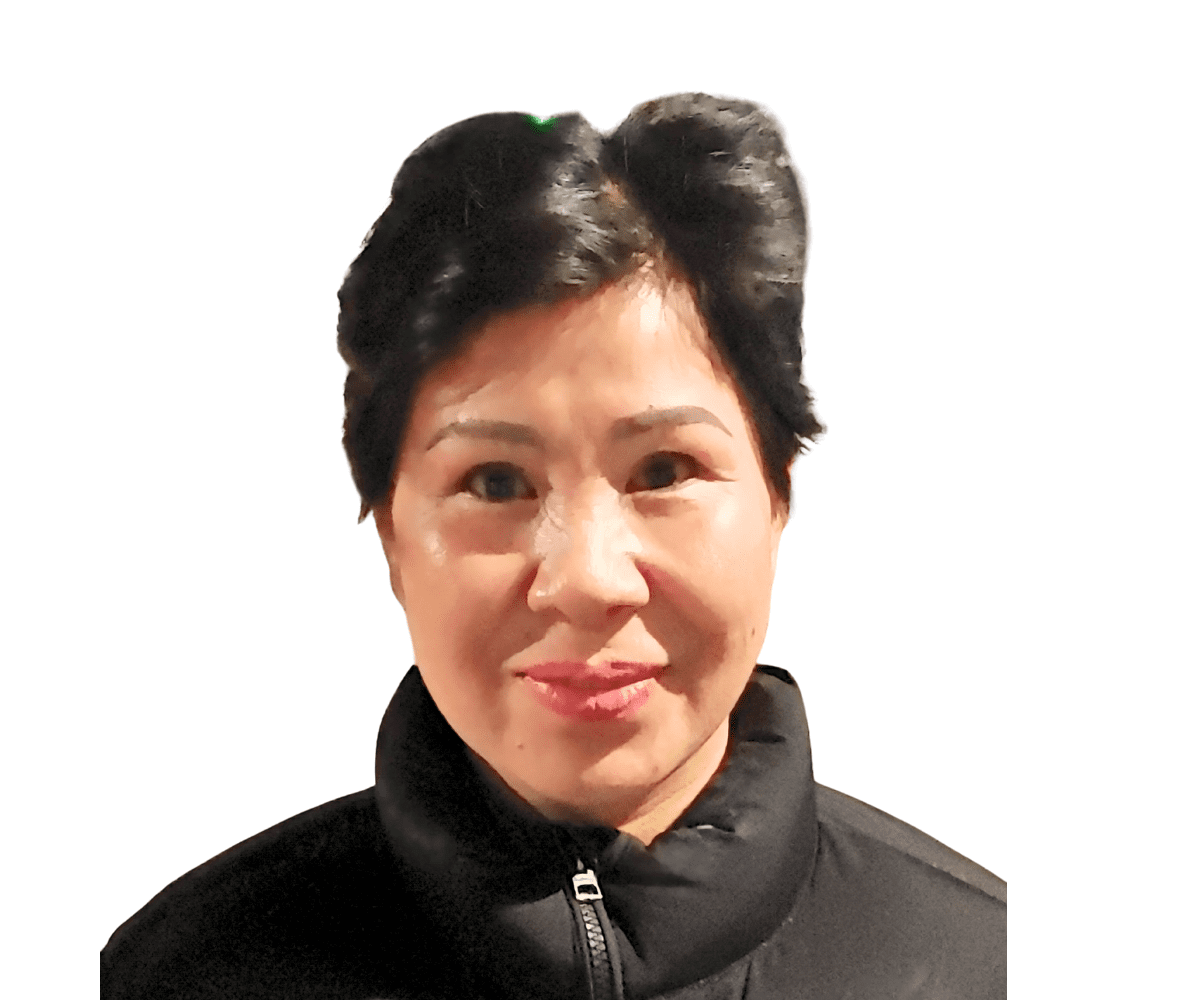
Toan Thi La
Toan is a third-generation fisher whose passion for fishing started when she was a child. Toan learned to fish from her dad, who owned and operated many fishing boats in Vietnam. When she moved to Canada 30 years ago, she brought her knowledge to a brand new fishery as a sockeye salmon fisher and has never looked back. Her vessel is named after her youngest child, and although none of her children fish with her, she often has the help of her husband, Hong, on board as her crew.
Brian N
Gillnetting
Sockeye
West coast of Vancouver Island, Barkley Sound & Alberni Inlet
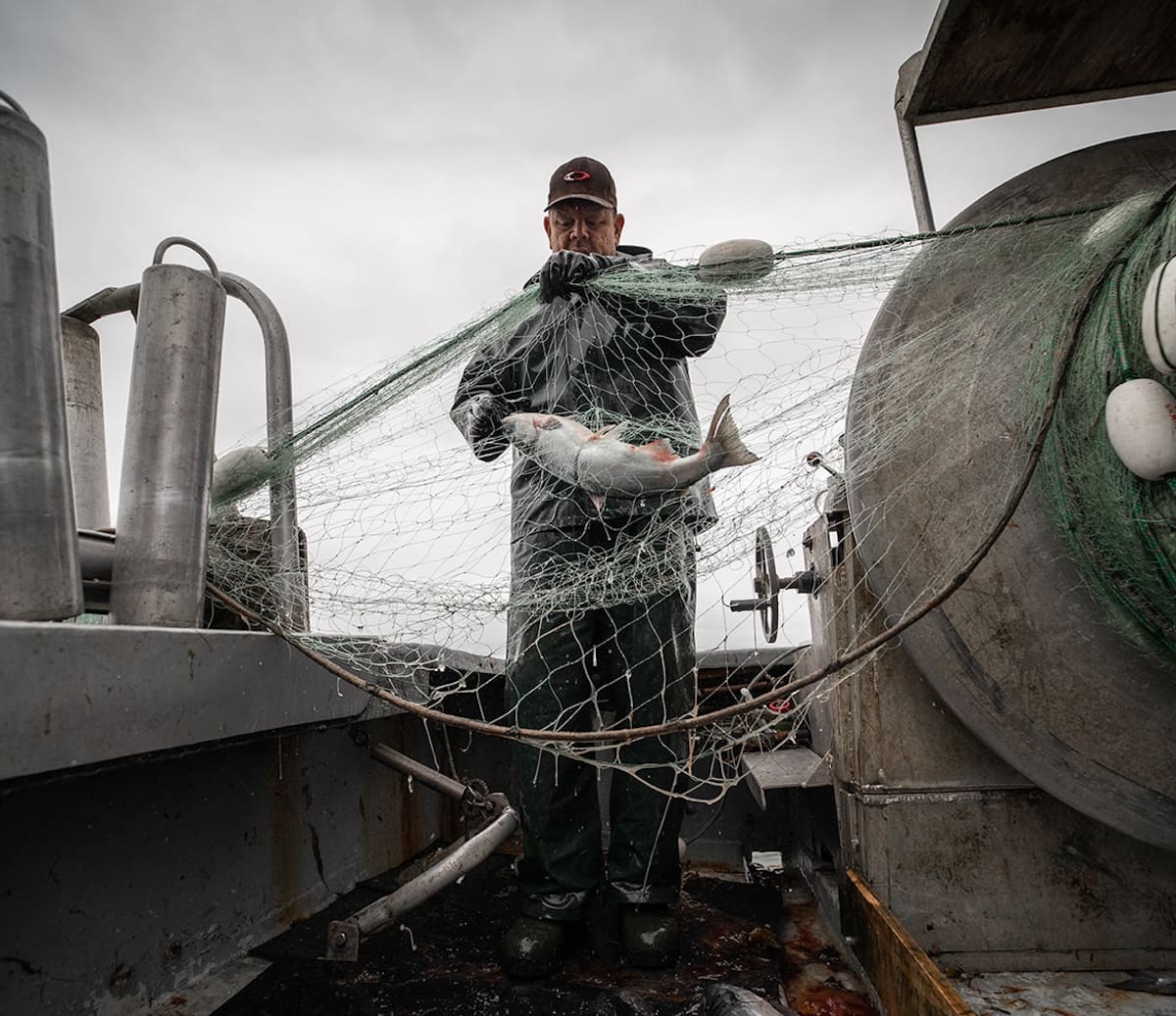
Sustainable Fishing
We take great care in cultivating deep and meaningful relationships with our small-scale fishers.
They take part in some of the most well-managed fisheries in the world. Using low-impact fishing methods with minimal bycatch ensures healthy marine ecosystems for generations to come.
Learn moreJoin Skipper Otto
We make it easy for you to enjoy high-quality, sustainably sourced seafood while supporting small-scale, independent Canadian fishing families.
SIGN UP today